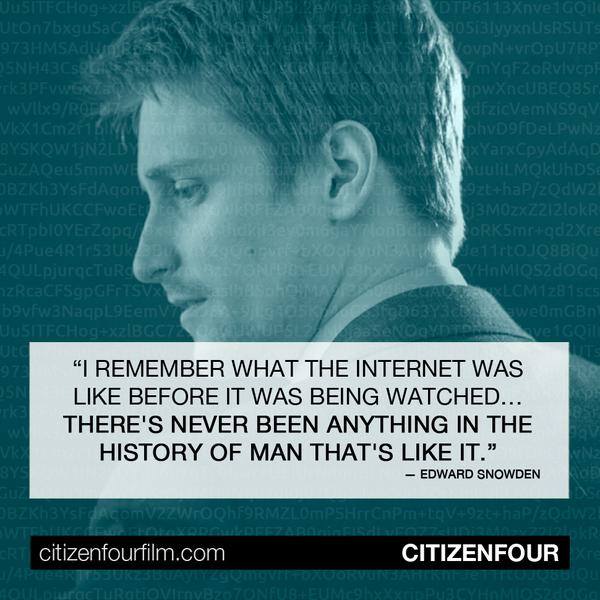Will encryption become illegal? Will governments demand “golden keys” to commonly used encryption? If governments will go after encryption, will they make a difference between encryption used in Internet “base traffic” and encryption used by people to protect their mail and hard drives? What about apps? Nobody seems to know. All we do know is that governments would like to have access to all our communications.
Even if they have tried to keep it under wraps EU member states would like to circumvent encryption. In a leaked dokument from the informal meeting with EU justice and home affairs ministers the other week (PDF), we have it in writing…
“Since the Snowden revelations, internet and telecommunications companies have started to use often de-centralized encryption which increasingly makes lawful interception by the relevant national authorities technically difficult or even impossible. The Commission should be invited to explore rules obliging internet and telecommunications companies operating in the EU to provide under certain conditions as set out in the relevant national laws and in full compliance with fundamental rights access of the relevant national authorities to communications (i.e. share encryption keys). “
So, we pretty much know what the EU stance will be at the Global Security Summit, in the US nest week.
Interestingly, the European Parliament seems to have an opposite position. In its resolution on mass surveillance of March 2014, the Parliament states that…
[The EP] calls on the Commission to […] ensure a high level of security of telecommunication networks and services, including by way of requiring state-of-the-art end-to-end encryption of communications.
[The EP] calls for the EU to take the lead in […] rerouting of Internet traffic or full end-to-end encryption of all Internet traffic so as to avoid the current risks associated with unnecessary routing of traffic through the territory of countries that do not meet basic standards on fundamental rights, data protection and privacy.
[The EP] calls for the promotion of … encrypting communication in general, including email and SMS communication.
Apparently the European Parliament takes a very different stand, compared to EU member states.
And the Council of Europe (a parlament-like assembly with representatives from most European countries, including non-EU states) makes its position clear in a report…
“The assembly is deeply worried about threats to internet security by the practice of certain intelligence agencies […] of seeking out systematically, using and even creating “back doors” […] which could easily be exploited also by terrorists and cyber-terrorists or other criminals. […] The creation of “back doors” or any other techniques to weaken or circumvent security measures or exploit their existing weaknesses should be strictly prohibited.”
Again, this is a clear standpoint, the very opposite to that of EU member states.
To continue, we have a study from the European Parliament’s Science and Technology Options Assessment unit stating…
“The only way for citizens to counteract surveillance and prevent breach of privacy consists in guaranteeing uncorrupted end-to-end encryption of content and transport channel in all their communications.”
“The EU should invest in resilient open source implementations of different encryption specifications that can be verified and validated for correctness … providing users with unbreakable cryptographic protection. … The EU should invest in making users aware […] how [they] can reduce their digital footprint by following behavioural rules and applying encryption and anonymising principles.”
To put it simply: EU member states would love to have a ban on encryption or a “golden key”. Other relevant European institutions take an opposite standpoint — valuing and defending encryption.
But it will be the EU member states (and the EU Counter-Terrorism Coordinator) who are present at the Global Security Summit in Washington the coming week. And they will try to make their position global policy.
There is a way to get an encryption ban / golden key out of the summits agenda. That is to make this a public issue, to get the media involved and for people to speak out against this madness.
What we do right now will define our future.
/ HAX
Links:
• Not this again! Europe mustn’t backtrack on its support of encryption and rejection of surveillance »
• Next Week, World Leaders Will Meet to Talk About How Much They Hate Encryption »
• Council of the European Union (EU member states) PDF »
• Council of Europe (PDF) »
• UK Surveillance Consultation Suggests It Is End-Point Security, Not Encryption, That Cameron Wants To Subvert »
• In two weeks time, world leaders may decide to undermine encryption »
